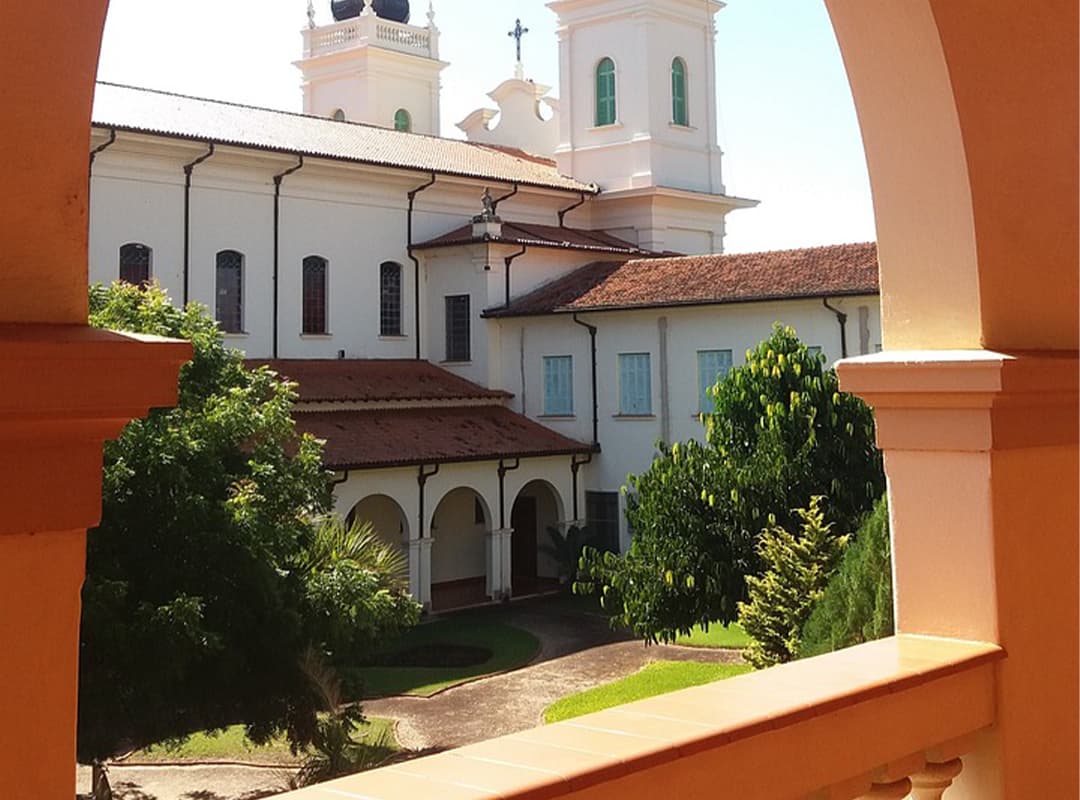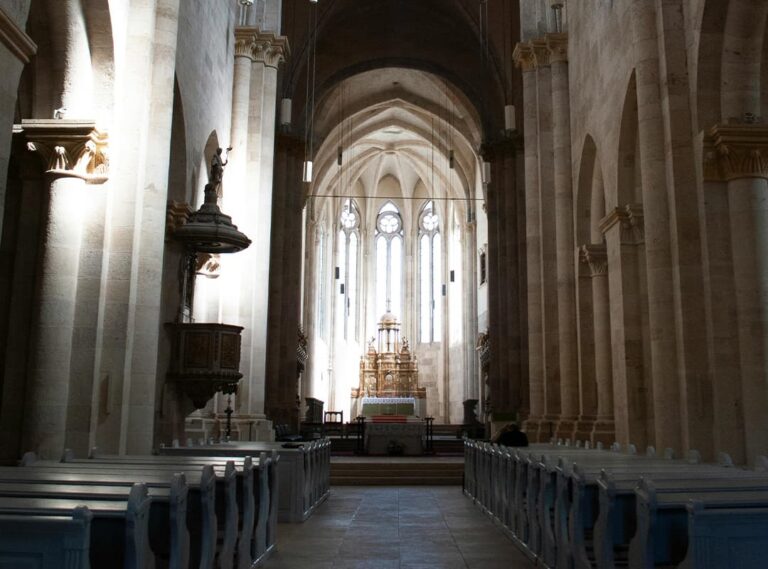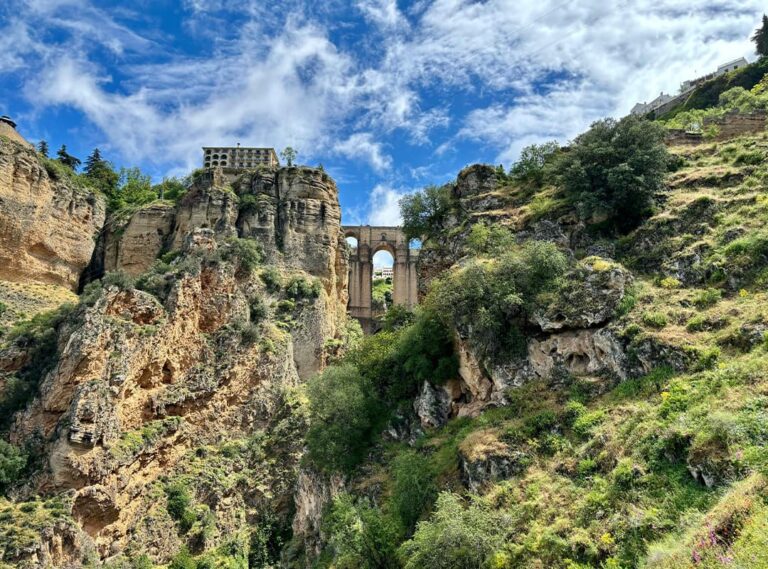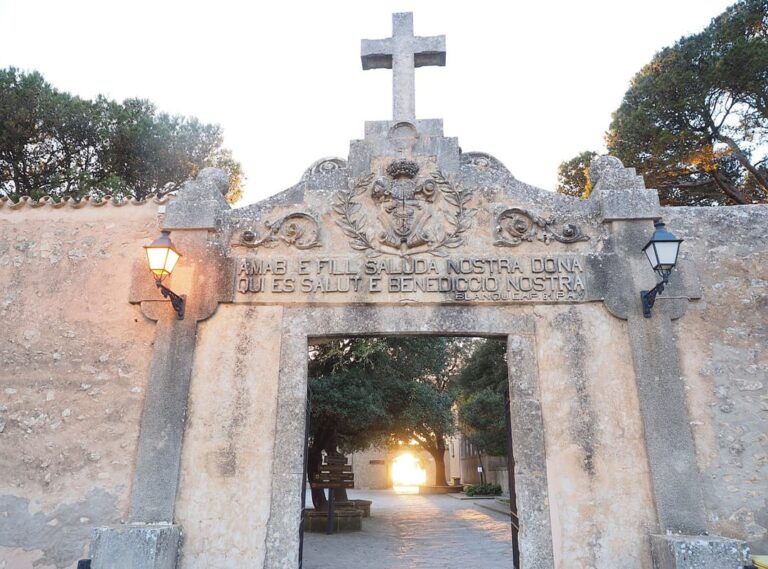The Franciscan Order, founded by Saint Francis of Assisi, has long been renowned for its emphasis on humility, simplicity, and deep respect for all creation. These values extend into their approach to environmental stewardship, reflecting a profound commitment to caring for the natural world. As environmental issues become increasingly urgent, the Franciscan tradition offers a unique perspective on ecological management and sustainability. This article explores the Franciscan approaches to environmental stewardship, including their historical context, practical initiatives, and the symbolic significance of the Black Madonna in their ecological philosophy.
Historical Context and Spiritual Foundations
Saint Francis of Assisi, the founder of the Franciscan Order, is celebrated for his deep reverence for nature and all living creatures. His writings and actions reflect a worldview that sees all of creation as interconnected and deserving of respect. Saint Francis’s famous Canticle of the Sun, in which he praises God through the elements of nature, encapsulates the Franciscan ethos of ecological mindfulness.
This spiritual foundation has guided Franciscan environmental practices through the centuries. The Order’s respect for creation is not merely an aesthetic or philosophical stance but a deeply held belief that caring for the environment is an expression of love for God and neighbor. The Franciscan commitment to simplicity and poverty also aligns with sustainable living, as it encourages a lifestyle that minimizes harm to the environment and maximizes the well-being of all creation.
Practical Initiatives and Modern Efforts
In contemporary times, the Franciscan Order continues to actively engage in environmental stewardship through a variety of practical initiatives. These efforts include:
- Sustainable Living and Eco-Friendly Practices
Many Franciscan communities practice sustainable living by implementing eco-friendly practices within their monasteries and institutions. This includes conserving energy, reducing waste, and using sustainable materials. Their commitment to living simply and in harmony with nature is reflected in their daily routines and the maintenance of their properties. - Advocacy and Education
Franciscan organizations are involved in advocacy and education on environmental issues. They raise awareness about climate change, pollution, and biodiversity loss, promoting solutions that align with their spiritual values. Educational programs, workshops, and public campaigns help to spread the message of environmental responsibility and encourage others to adopt more sustainable practices. - Partnerships and Community Engagement
Collaborating with other organizations and communities, Franciscan groups work on various environmental projects, such as reforestation efforts, conservation programs, and sustainable agriculture. These partnerships amplify their impact and foster a collective approach to addressing environmental challenges.
Symbolic Significance: The Black Madonna
The Black Madonna, a revered icon of the Virgin Mary depicted with dark skin, holds a special place in the spiritual life of many Christian traditions, including the Franciscan Order. This icon, often associated with protection and divine grace, symbolizes a deep connection to the earth and a profound respect for creation. The Black Madonna’s presence in the Franciscan tradition underscores the Order’s commitment to integrating spiritual reverence with practical environmental action.
In times of ecological distress, the question “Where is the Black Madonna?” can be seen as a call to reconnect with the sacredness of the natural world and to seek divine guidance in the effort to heal and protect it. The Black Madonna’s imagery serves as a reminder of the enduring presence of the divine in all aspects of life, including our relationship with the environment.
Challenges and Future Directions
While the Franciscan Order has made significant strides in environmental stewardship, challenges remain. The need for greater awareness and action in the face of global environmental crises requires ongoing commitment and innovation. The Franciscan approach to ecological management must continue to evolve, incorporating new scientific insights and adapting to changing conditions.
Future efforts may include expanding collaboration with other faith communities and organizations, advocating for policy changes that support environmental sustainability, and deepening the integration of ecological principles into all aspects of Franciscan life.
The Franciscan Order’s approach to environmental stewardship reflects a deep spiritual and ethical commitment to caring for creation. Rooted in the teachings of Saint Francis of Assisi, this commitment is expressed through practical initiatives, advocacy, and education. The symbolic significance of the Black Madonna further enriches the Franciscan ecological philosophy, reminding us of the sacredness of the natural world and our responsibility to protect it. As environmental challenges grow more pressing, the Franciscan tradition offers a powerful example of how spiritual values can guide and inspire effective action for the health of our planet.











